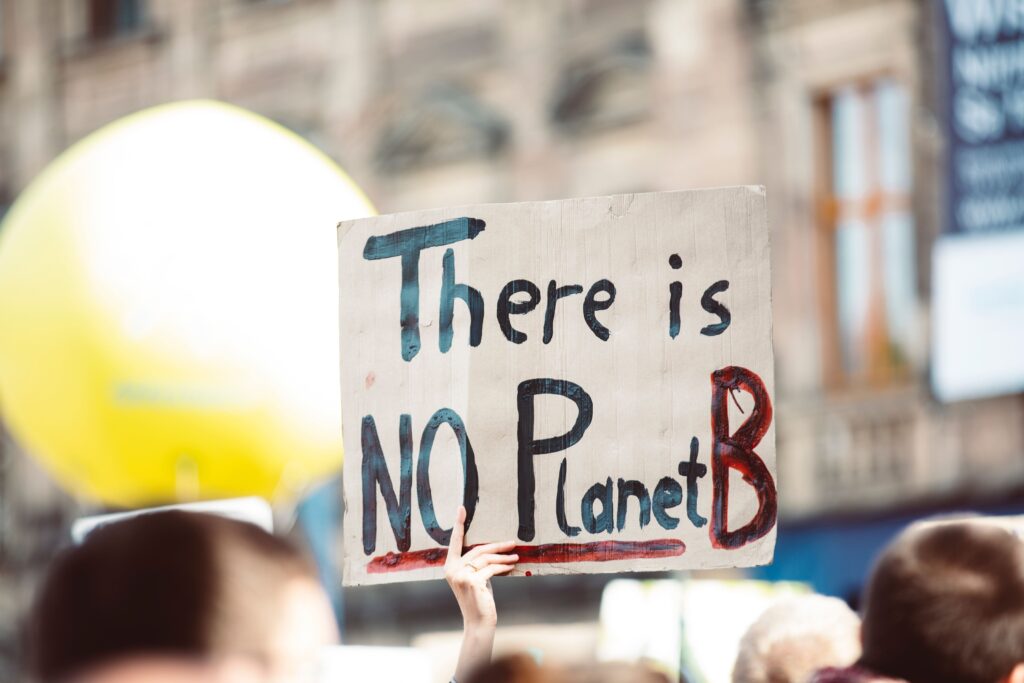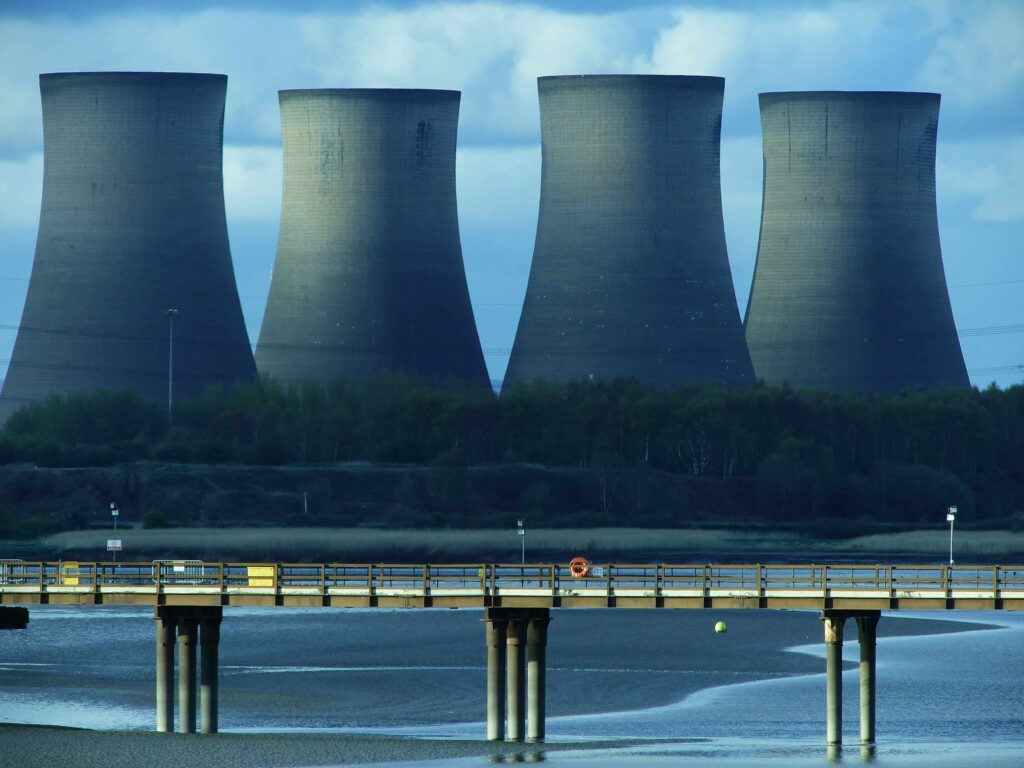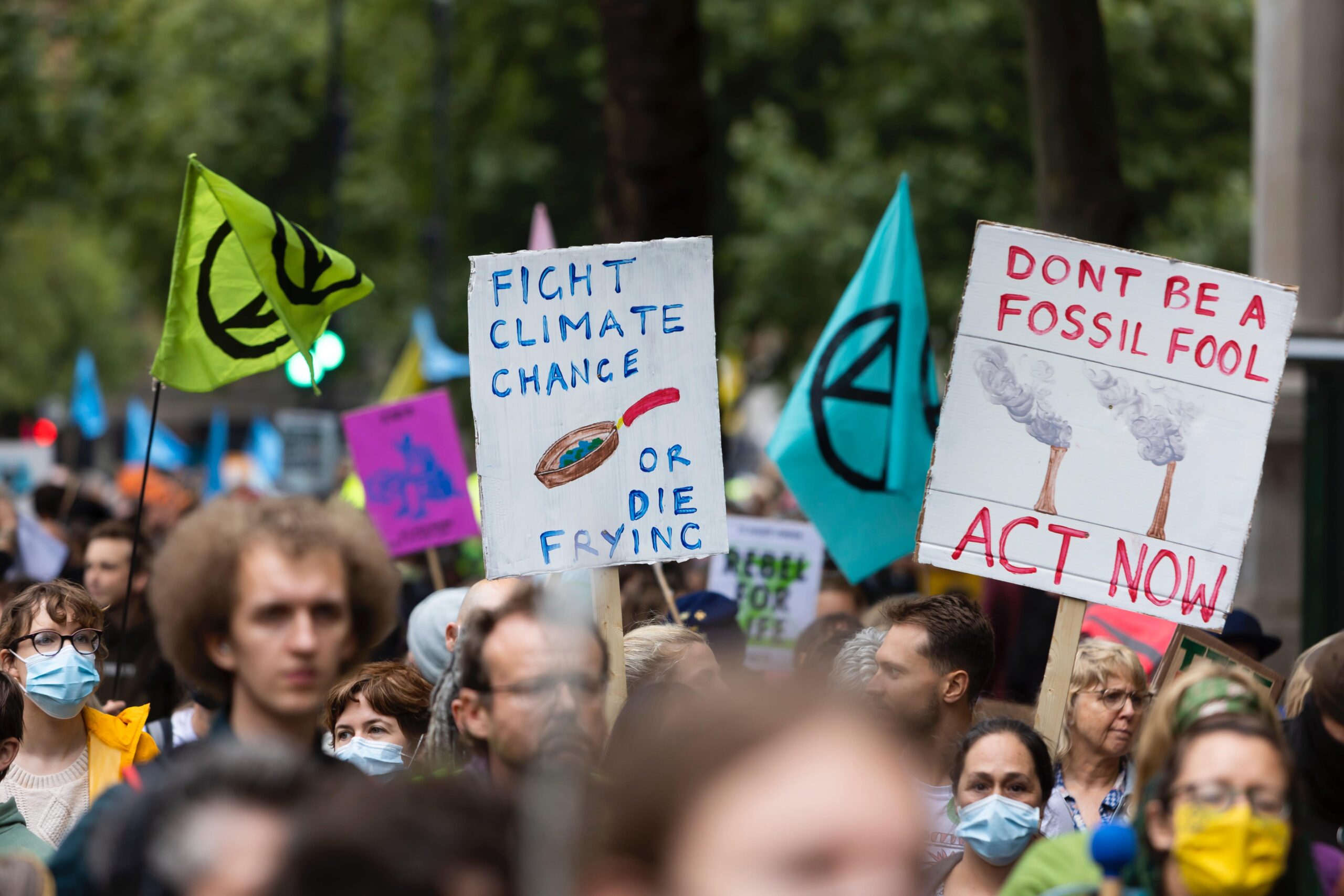Climate change is an existential crisis that transcends borders and affects every corner of our planet. In recent years, global awareness of the urgent need to address climate change has grown significantly. However, the path to meaningful climate change policy has been marked by struggles, debates, and complex negotiations. This article explores the challenges and obstacles that have hindered the formulation and implementation of effective climate change policies worldwide.
The Global Imperative
The scientific consensus is clear: climate change is real, primarily driven by human activities, and poses grave risks to the environment, economies, and human well-being. Urgent action is required to limit global warming and mitigate its most devastating effects. Against this backdrop, nations around the world have come together to tackle climate change through international agreements and initiatives.
International Agreements and Goals
The Paris Agreement, adopted in 2015, stands as a landmark global effort to combat climate change. It set ambitious goals, including limiting global warming to well below 2 degrees Celsius above pre-industrial levels, with an aspiration to limit it to 1.5 degrees Celsius. To achieve these goals, nations pledged to reduce greenhouse gas emissions and enhance adaptation efforts.
Challenges in Climate Policy Formulation
Despite the urgency and consensus on the need for action, climate change policy struggles globally have persisted:
1. Political Divides: Climate change has often become entangled in political divides, with some leaders questioning the scientific consensus and resisting climate policies due to economic or ideological reasons.
2. Economic Interests: Industries reliant on fossil fuels, such as coal and oil, have powerful economic interests and lobbying efforts that can influence climate policy decisions.
3. Short-Termism: Many political leaders focus on short-term electoral cycles, making it challenging to implement policies with long-term benefits but short-term costs.
4. Equity Concerns: Developing nations argue that they should not bear the same burden as historically large emitters in addressing climate change. Equity and the principle of “common but differentiated responsibilities” are points of contention.
5. Lack of Ambition: Some nations have been criticized for setting insufficiently ambitious emissions reduction targets, which may undermine the collective effort to limit global warming.

Obstacles to Implementation
Even when international agreements are reached, there are obstacles to policy implementation:
1. Enforcement: Monitoring and enforcing compliance with emissions reduction targets can be challenging, as it requires international cooperation and mechanisms for accountability.
2. Technological and Financial Barriers: Developing nations often lack the technological and financial resources to transition to cleaner energy sources and adapt to climate change impacts.
3. Global Cooperation: Climate change is a global problem that requires coordinated efforts from all nations. Challenges in cooperation can hinder progress.
Climate Change Policy Successes
Despite the struggles, there have been notable successes in climate change policy:
1. Renewable Energy Growth: The adoption of renewable energy sources like wind and solar power has accelerated in many countries, reducing emissions and driving economic growth.
2. Local Initiatives: Cities, states, and regions around the world have taken independent action to combat climate change, often surpassing national policies.
3. Public Awareness: Public awareness of climate change has grown, pressuring governments and corporations to take action.

Conclusion
Climate change policy struggles globally underscore the complex nature of the challenge. While international agreements like the Paris Agreement provide a framework for action, implementation remains a formidable task. Political divisions, economic interests, and equity concerns continue to hinder progress.
However, the urgency of the climate crisis demands that nations rise above these challenges. A collective effort is needed to transition to a low-carbon economy, adapt to changing climate conditions, and protect the planet for future generations. Climate change policy struggles are a reminder that addressing this crisis requires not only political will but also sustained commitment, cooperation, and innovation on a global scale. As the world grapples with these obstacles, it is clear that the path to a sustainable future must be paved with unwavering determination and a shared sense of responsibility.
